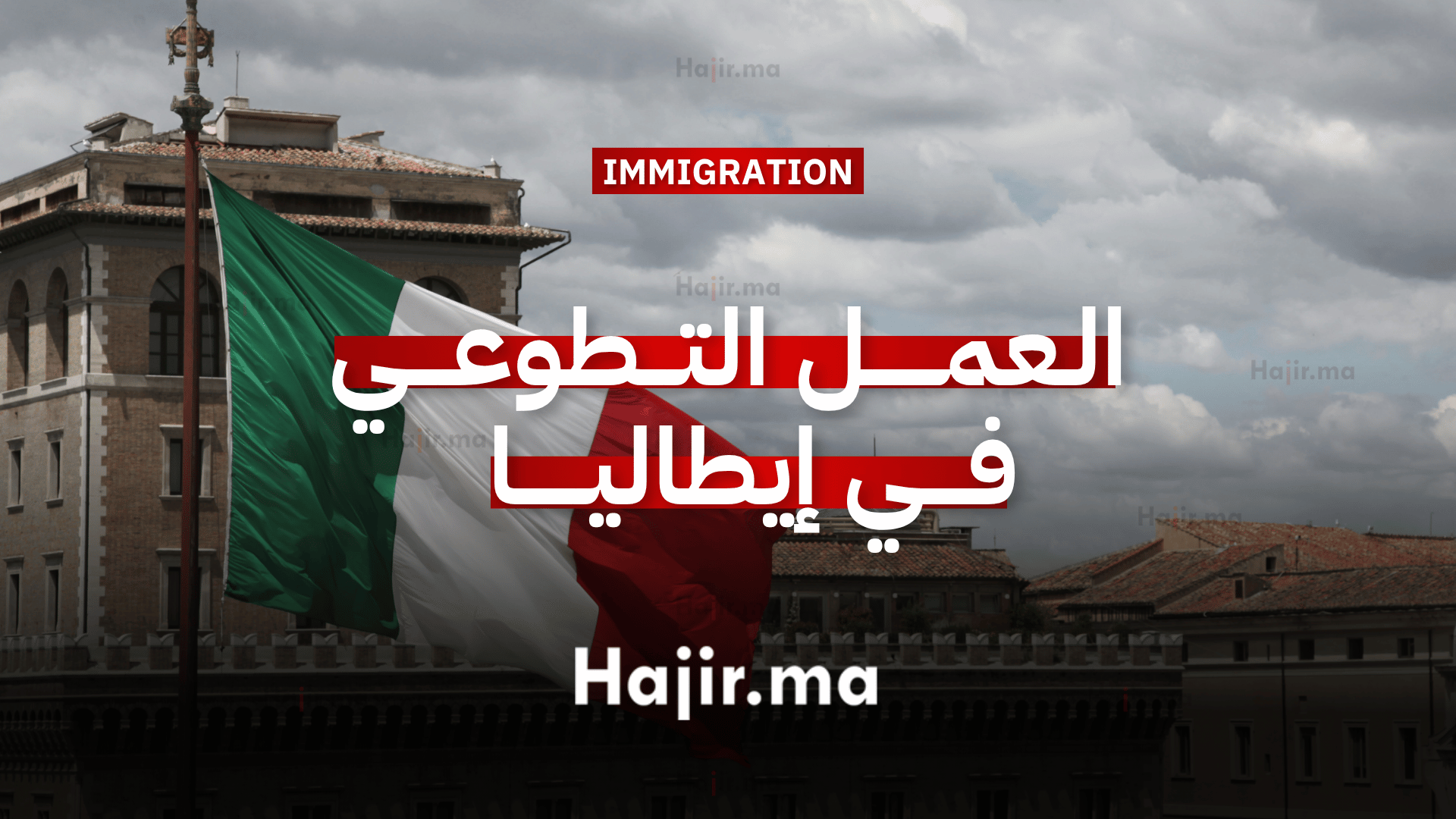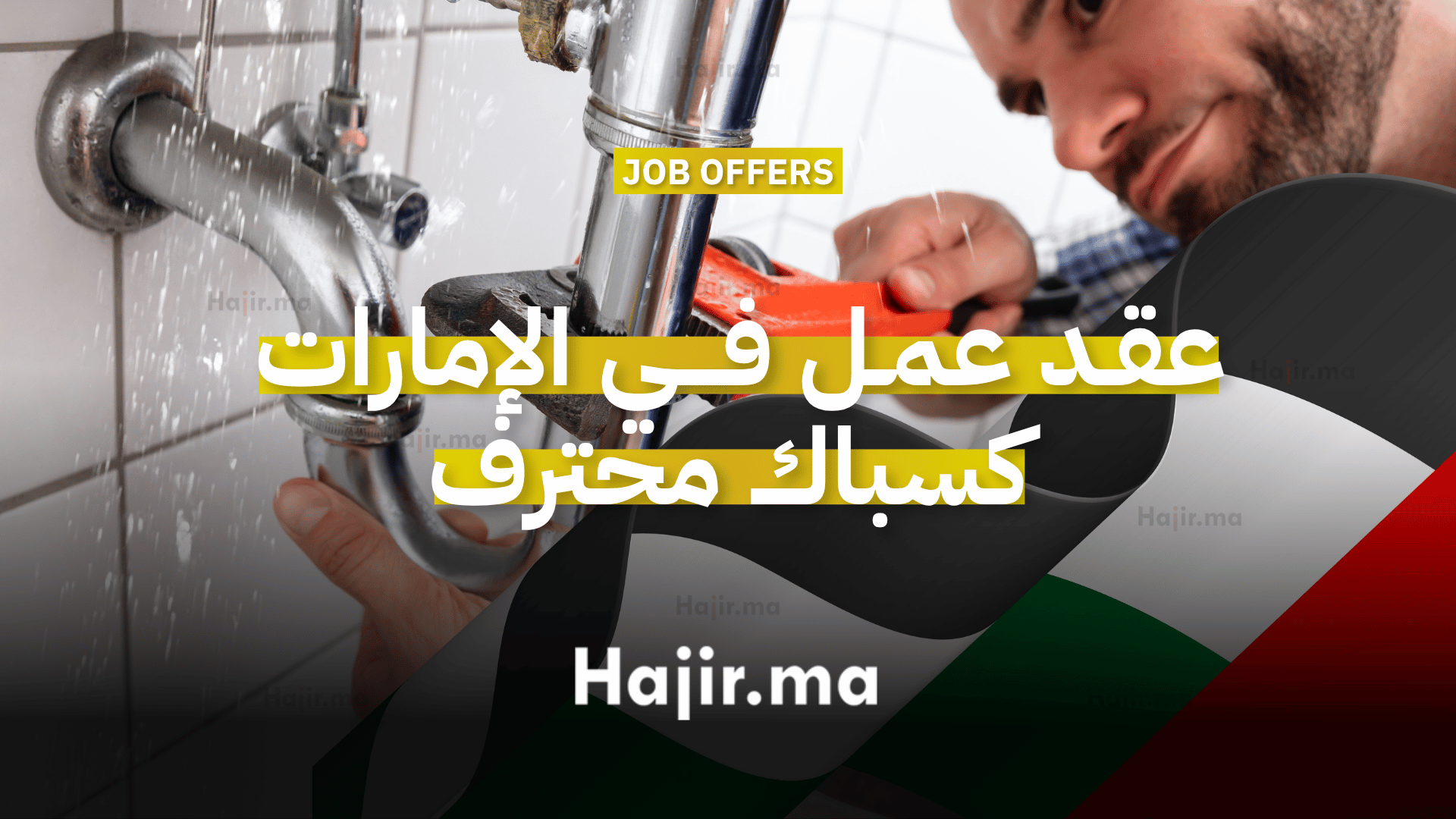In Italy, the government has implemented a supplementary decree to facilitate the entry of 40,000 individuals into the country for seasonal work in the agricultural and tourist-hotel sectors. This initiative is based on applications submitted during the click-day last March. Let’s delve into the details of the Italian Flow Decree, a law that regulates the entry of non-European citizens into Italy for various types of employment.

Decoding the Flow Decree
The Flow Decree, as enacted by the Italian government, serves as a pivotal legislation that determines how many non-European citizens can enter Italy for employment purposes. This decree addresses three primary categories of workers:
1. Seasonal Workers
Seasonal work is typically job roles that occur only during specific periods of the year. Under the Flow Decree, a total of 44,000 individuals from several countries are eligible for seasonal work in Italy. These countries include Albania, Algeria, Bangladesh, Bosnia-Herzegovina, Korea, Ivory Coast, Egypt, El Salvador, and many others. Among these, 22,000 spots are allocated for seasonal agricultural work. Employers can submit applications through various associations, such as Cia, Coldiretti, Confagricoltura, Copagr, and Alleanza delle cooperative.
Multi-Year Seasonal Work
Additionally, there’s provision for multi-year seasonal work, where a worker can enter Italy for seasonal employment for up to three years with a single authorization.
2. Non-Seasonal and Self-Employed Workers
This category covers job roles with a longer duration than seasonal work, including roles in road transport, construction, and tourism, such as hotel waiters. In total, 27,700 individuals are permitted to work in Italy under this category. These workers hail from various non-European countries, including Albania, Algeria, Bangladesh, Bosnia-Herzegovina, and more. The decree also reserves 6,000 spots for individuals from non-EU countries with whom Italy will sign cooperation agreements during the year, as well as 1,000 spots for those who have completed approved training and education programs abroad. Moreover, 100 individuals with Italian origins from Venezuela can also benefit, along with 500 people for self-employment, including entrepreneurs, freelancers, famous artists, and start-up creators.
Conversion of Residence Permits
The Flow Decree further allows for the conversion of residence permits. This involves transitioning from various types of permits into a residence permit for subordinate work or self-employment. This includes individuals with residence permits for seasonal work, study, professional training, or internship.
Flow Decree 2023: A Snapshot
The Flow Decree for the year 2023, approved by the government in December 2022, details the allocation of spots for prospective workers. Here’s a breakdown:
- Seasonal Work: 44,000 people from a range of countries, including those mentioned earlier, are eligible for seasonal employment.
- Non-Seasonal and Self-Employed Work: 27,700 individuals are allocated for non-seasonal and self-employed work, with a breakdown by country and specific categories.
Application Process
To apply for work under the Flow Decree, employers must follow specific guidelines:
- Checking Worker Availability: Employers must first check with the Centro per l’Impiego to ensure that there are no available local workers for the job they want to offer.
- Application Window: Applications can be submitted online from March 27, 2023, to December 31, 2023, or until the quotas are exhausted.
- Online Portal: The application process takes place online through the portal https://portaleservizi.dlci.interno.it/AliSportello/ali/home.htm. To apply, individuals must possess SPID credentials.
- Applicant Responsibility: For seasonal and non-seasonal work, employers are responsible for the application. However, for self-employment and conversions, individuals with the relevant permits must apply.
- Required Information: Applicants must provide details regarding the worker’s accommodation in Italy and necessary documents, such as contracts for employment or licenses for self-employment.
Post-Application Process
Once the application for nulla osta (authorization) is approved by the Sportello Unico, applicants can proceed to apply for an Italian visa at the Italian embassy or consulate in their home country. After obtaining the visa, they can enter Italy and apply for a residence permit, allowing them to legally work in the country.
It’s essential to note that the authorization is valid for six months from the date of issue, emphasizing the importance of entering Italy and applying for a residence permit within this timeframe. If the authorization application is denied, applicants cannot receive an Italian visa in the same year but can reapply the following year if they meet the new Flow Decree’s requirements.
Additional Information
For individuals seeking more information while in Italy, they can visit the Municipality offices specializing in immigration or patronato organizations. To locate the immigration office of the Municipality, simply perform an internet search with the query “Immigration Office Municipality of + [the name of your city].” Similarly, for patronato offices, use the query “patronato + [name of your city].”
In conclusion, the Italian Flow Decree plays a crucial role in regulating the entry of non-European citizens into Italy for various employment opportunities, with a particular focus on seasonal and non-seasonal work. It provides a structured framework for both employers and individuals, ensuring a fair and well-managed process for all parties involved.
Frequently Asked Questions (FAQs)
1. What is the Italian Flow Decree?
The Italian Flow Decree is a government law that regulates the entry of non-European citizens into Italy for work. It covers seasonal work, non-seasonal employed work, and self-employed work.
2. How are the spots allocated for seasonal work?
The Flow Decree allocates a specific number of spots for seasonal work, with a breakdown by country and job category. For example, there are 22,000 spots for seasonal agricultural work.
3. Can I convert my residence permit for work in Italy?
Yes, the Flow Decree allows for the conversion of residence permits for various purposes into permits for subordinate work or self-employment.
4. When can I apply for work under the Flow Decree?
The application window for the Flow Decree typically opens from March 27th to December 31st, or until the quotas are exhausted.
5. What happens if my authorization application is denied?
If your authorization application is denied, you cannot receive an Italian visa in the same year but can reapply the following year if you meet the new Flow Decree’s requirements.






